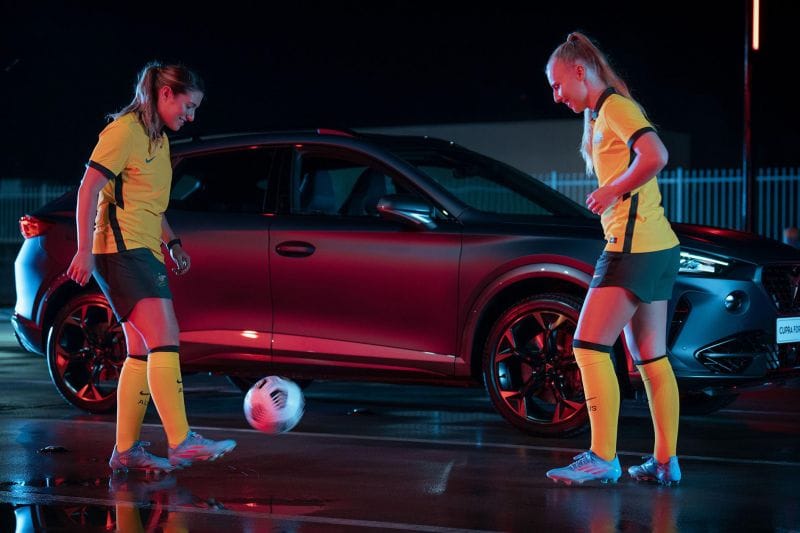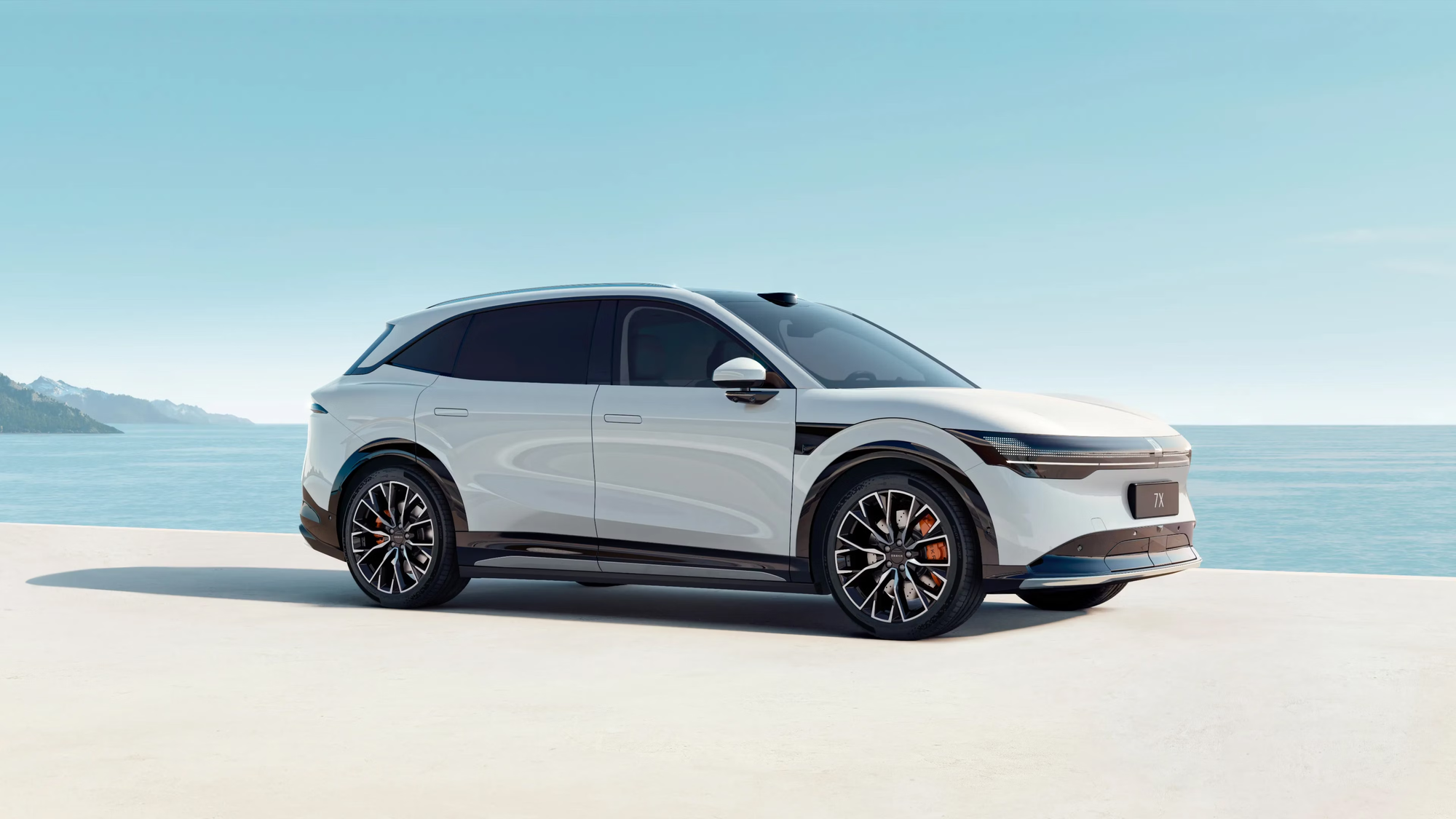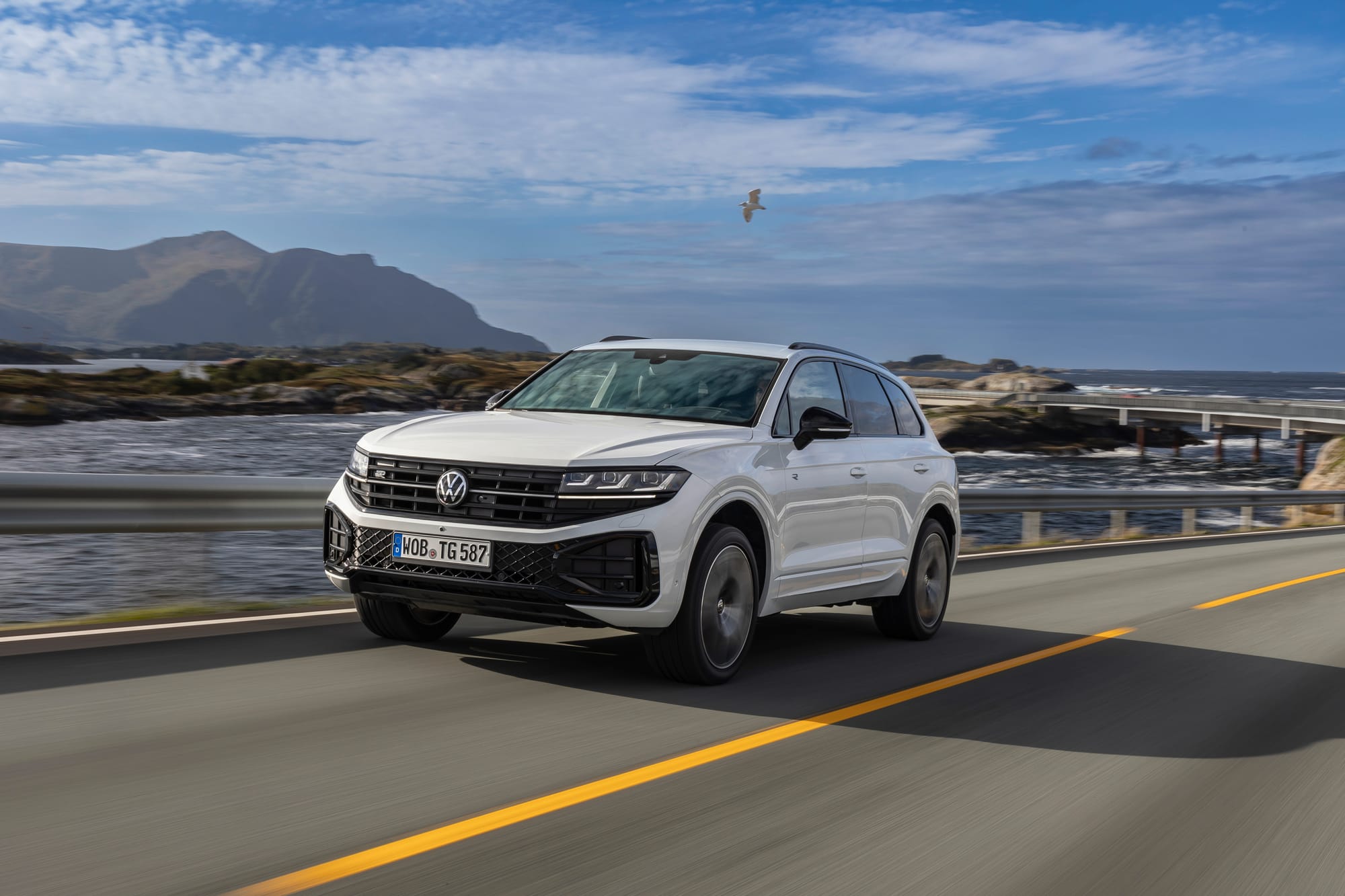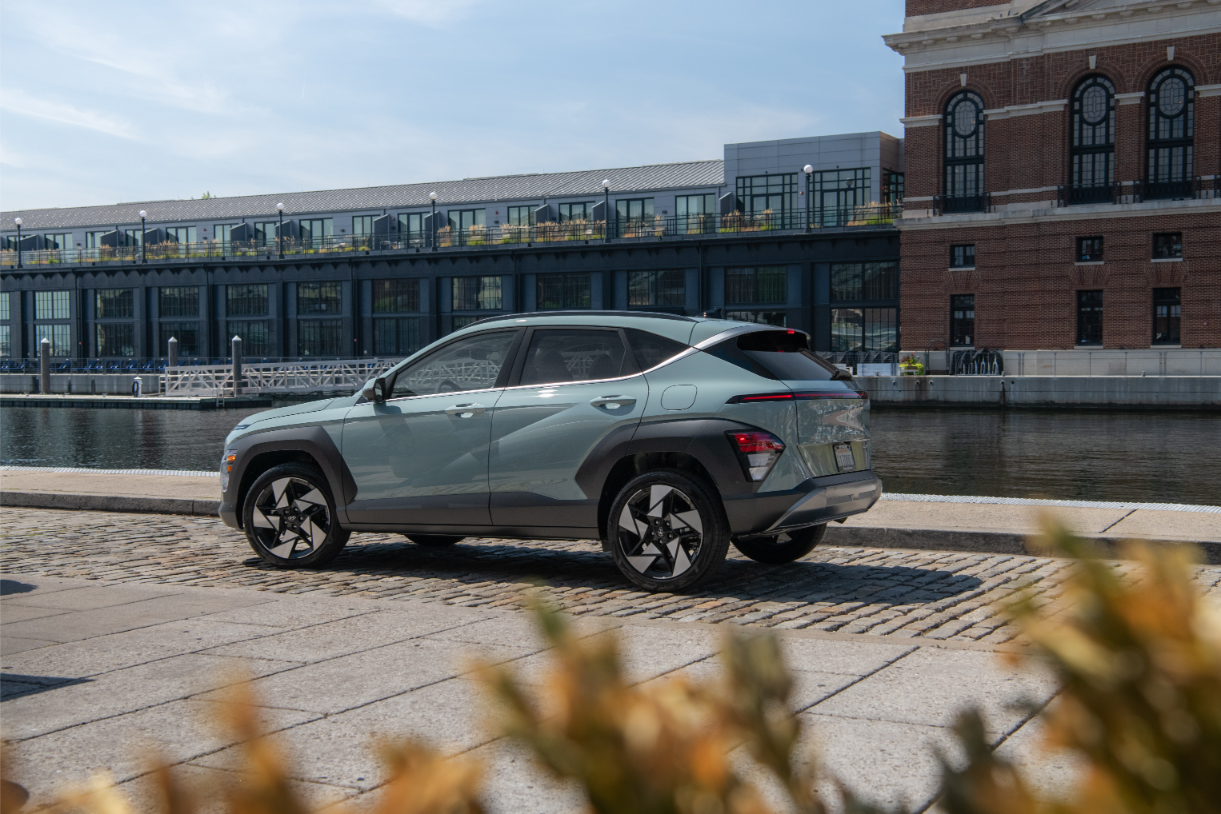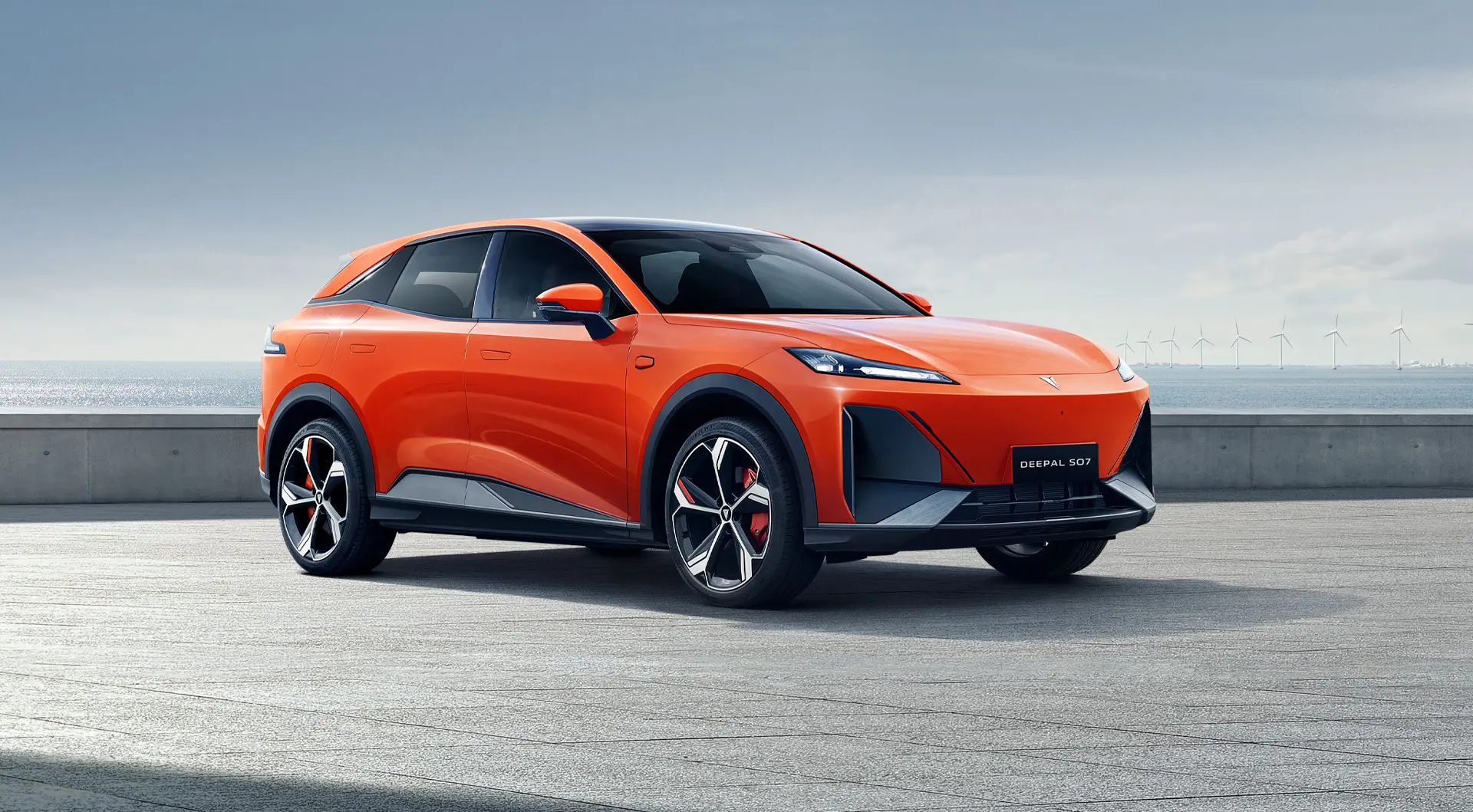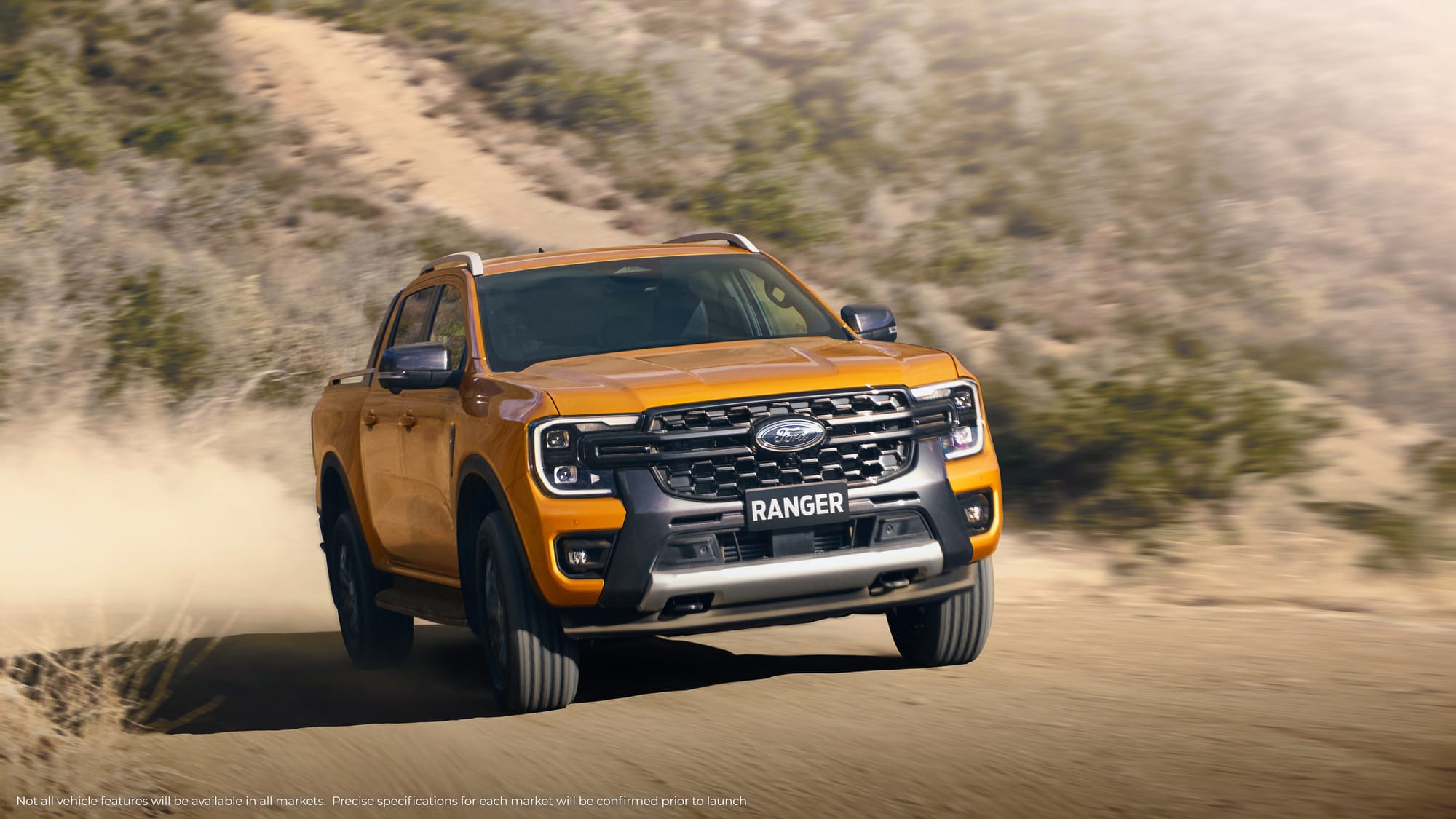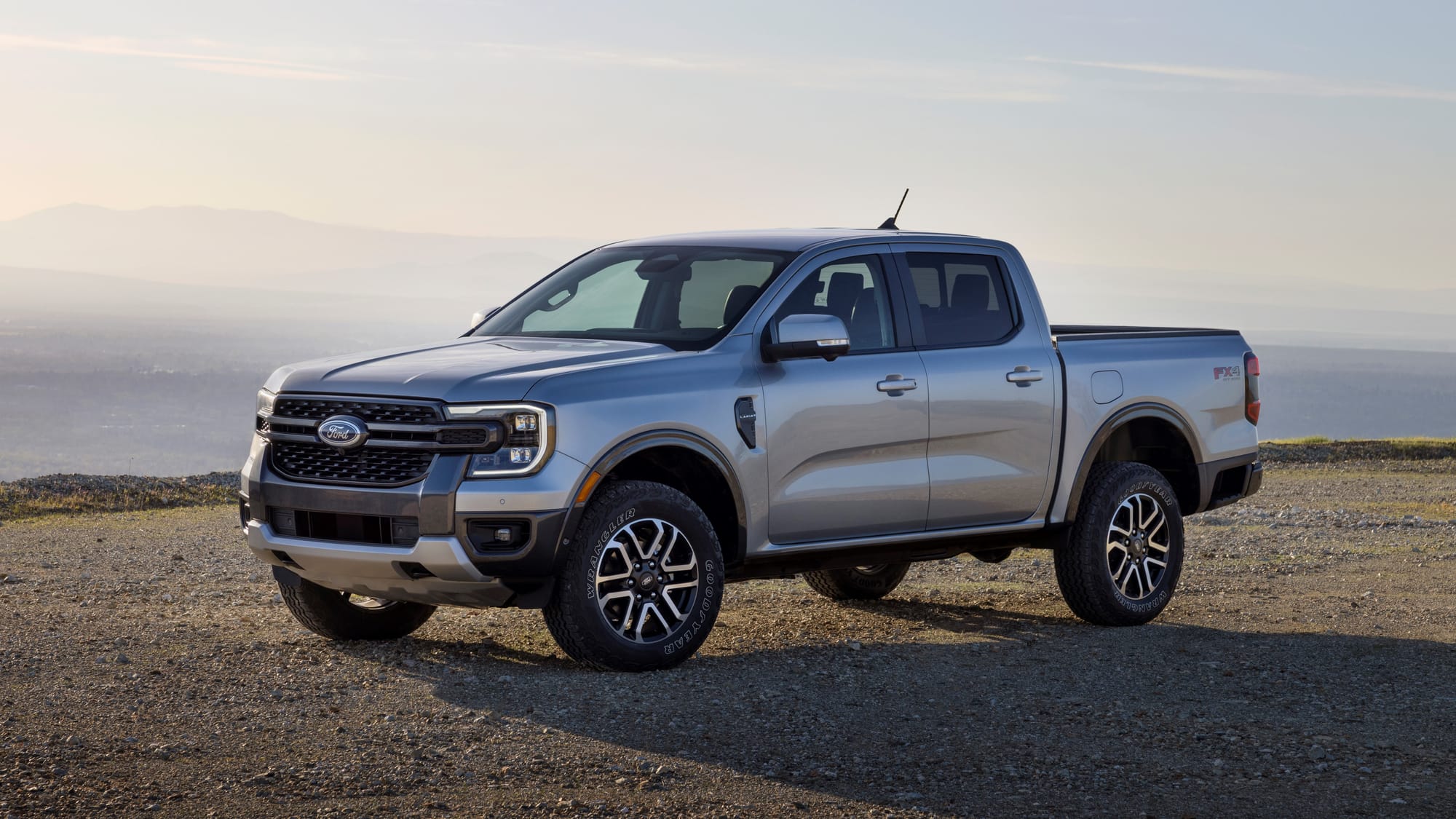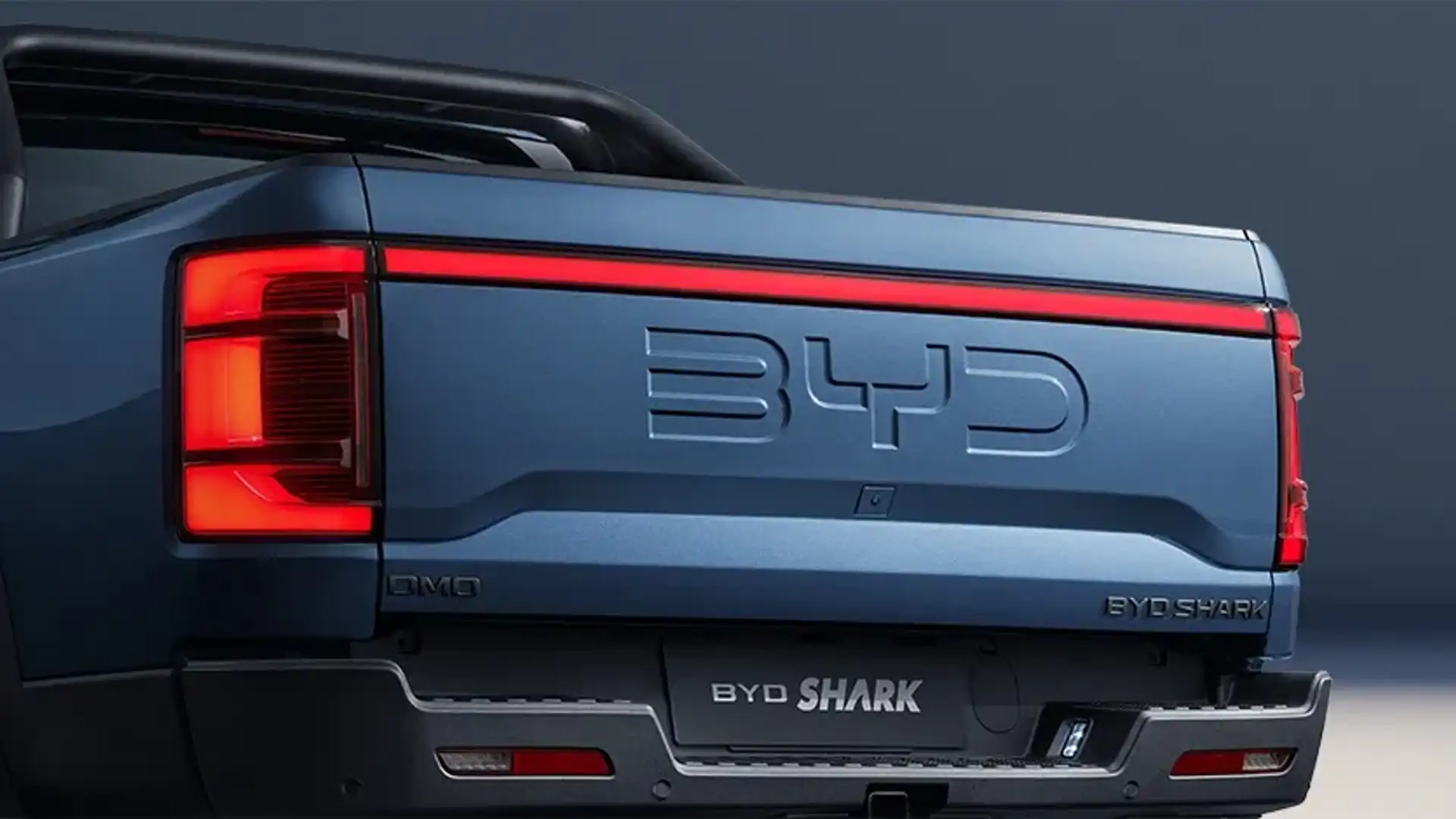Automotive brands have long used sports sponsorships to promote themselves to the Australian public, with many major teams now featuring car logos on their jerseys.
Key Points:
- BYD is the newest sponsor, signing a five-year deal with the Sydney Roosters
- Ford is entering its 100th year of sponsoring the Geelong Cats
- Toyota is the AFL's major sponsor, while Kia is a major partner of NRL

NRL Sponsorships:

- Brisbane Broncos - Kia
- Melbourne Storm - Suzuki
- North Queensland Cowboys - Toyota
- South Sydney Rabbitohs - MG
- Sydney Roosters - BYD (from 2025)
AFL Sponsorships:

- Adelaide Crows - Toyota
- Brisbane Lions - Hyundai
- Carlton Blues - Hyundai
- Geelong Cats - Ford
- Hawthorn Hawks - Nissan
- North Melbourne Kangaroos - Mazda
- Port Adelaide Power - MG
- St Kilda Saints - Chery
- Sydney Swans - Volkswagen
Other Sports:
- Football Australia - Cupra
- A-League Men - Isuzu Ute
- Melbourne City (soccer) - Nissan
- Cricket Australia - Toyota
- Netball Australia - Nissan
- Australian Open (tennis) - Kia
Car brands continue to see value in sports sponsorships, with partnerships ranging from new deals to century-long associations, covering a wide range of sports and teams across Australia.
The pervasive presence of automotive brands in Australian sports sponsorship reflects a symbiotic relationship that has evolved over decades. These partnerships go beyond mere financial transactions, becoming integral to the identity and culture of many teams and leagues. For car manufacturers, sports sponsorships offer unparalleled exposure to a passionate and engaged audience, helping to build brand loyalty and recognition in a highly competitive market.

As the automotive industry undergoes significant changes with the shift towards electric and hybrid vehicles, these sponsorships also serve as a platform for brands to showcase their innovation and commitment to the future. The entry of new players, particularly from China, into the sponsorship arena signals the changing dynamics of both the automotive and sports industries in Australia.
Moreover, these partnerships play a crucial role in sustaining and developing Australian sports at various levels. The financial support provided by automotive brands enables teams to invest in talent, facilities, and community programs, contributing to the overall health of sports in the country.
Looking ahead, the landscape of sports sponsorship is likely to continue evolving, with potential for even more integration between automotive technology and sports experiences. As brands seek to connect with consumers in meaningful ways, the emotional resonance of sports provides a powerful medium for storytelling and brand building.
Ultimately, the deep-rooted connection between automotive brands and Australian sports is a testament to the enduring power of sports as a cultural force and the adaptability of car manufacturers in finding innovative ways to engage with their audience. This relationship, built on shared values of performance, innovation, and community engagement, seems poised to drive both industries forward into an exciting future



